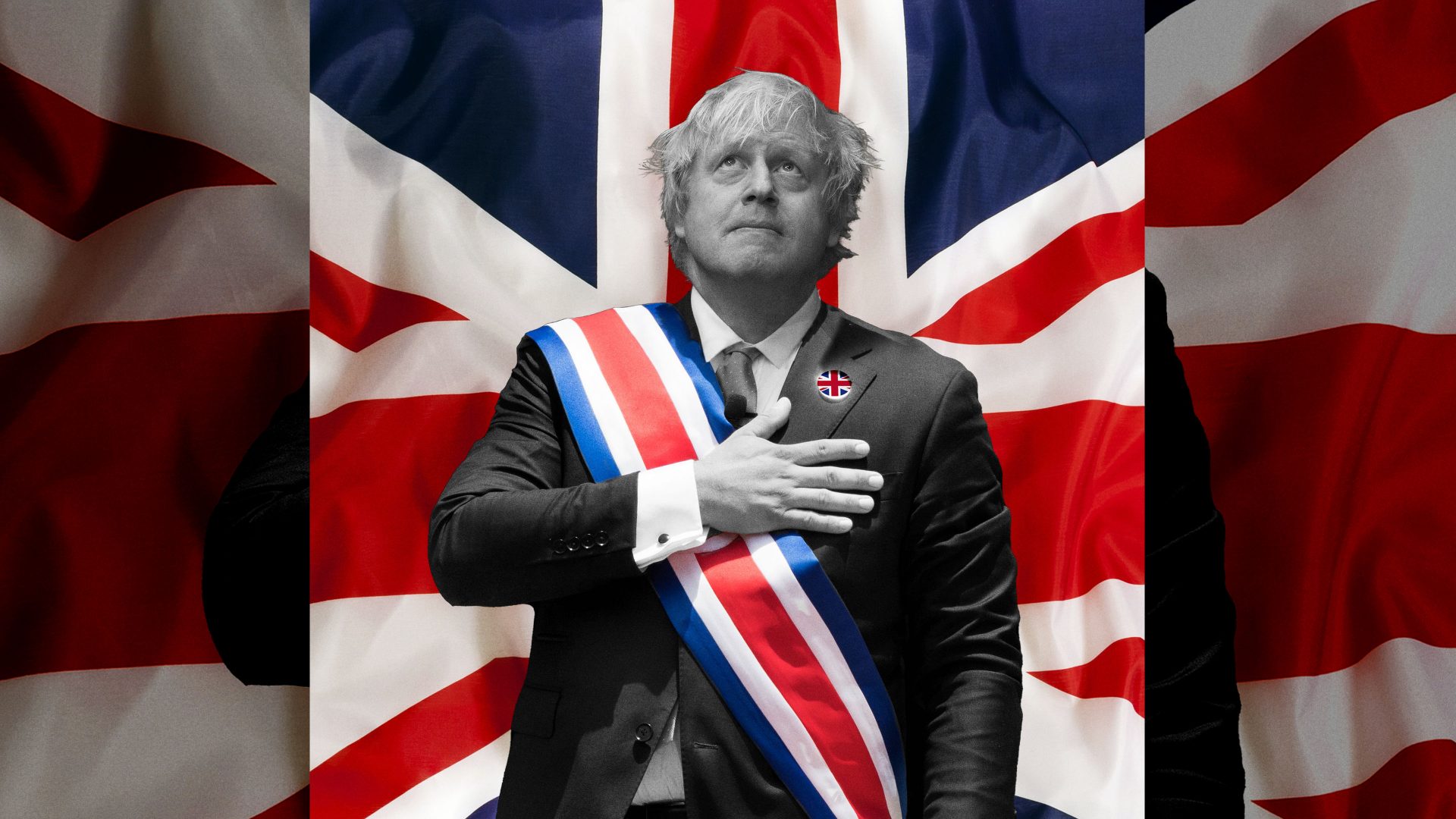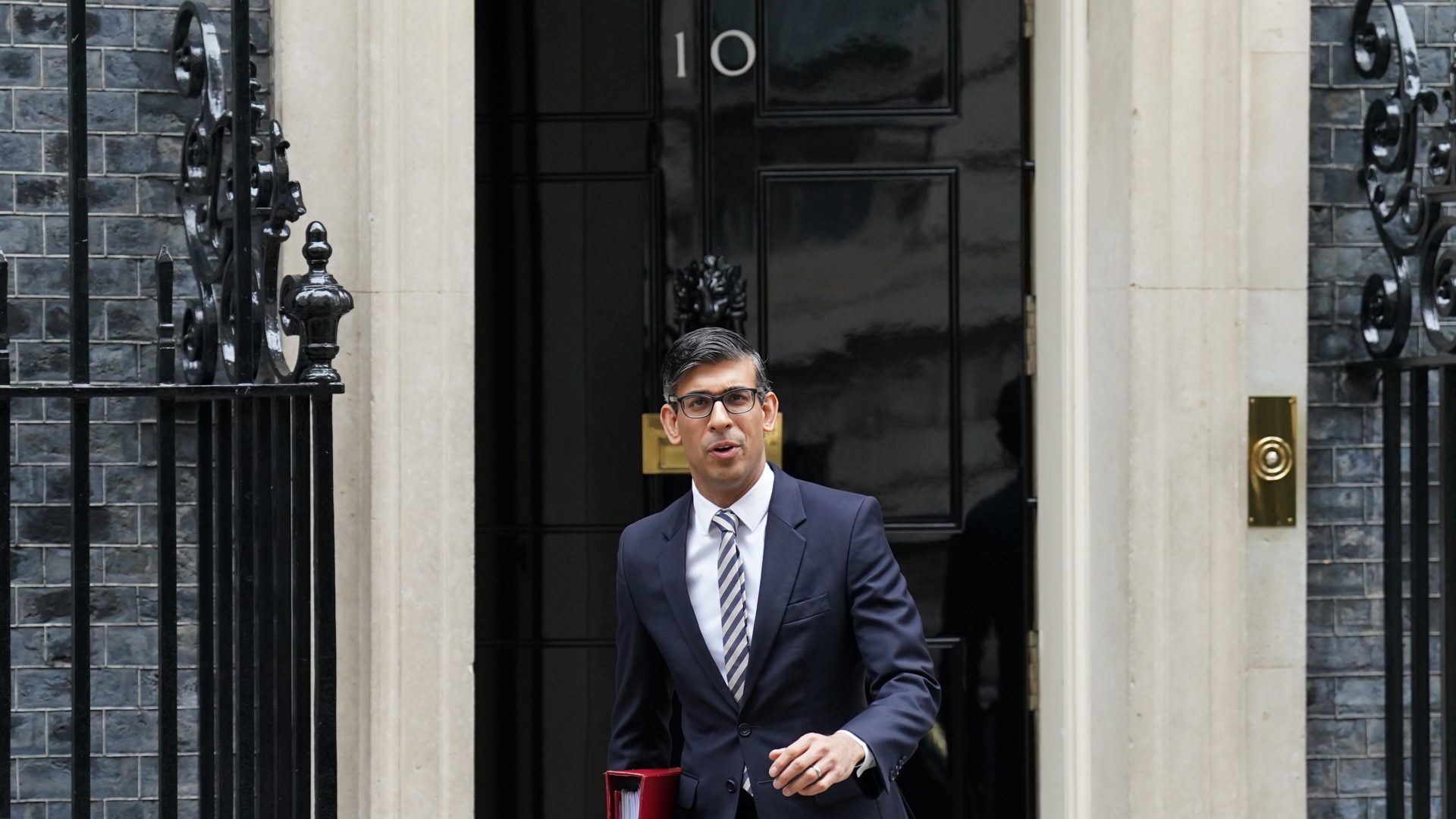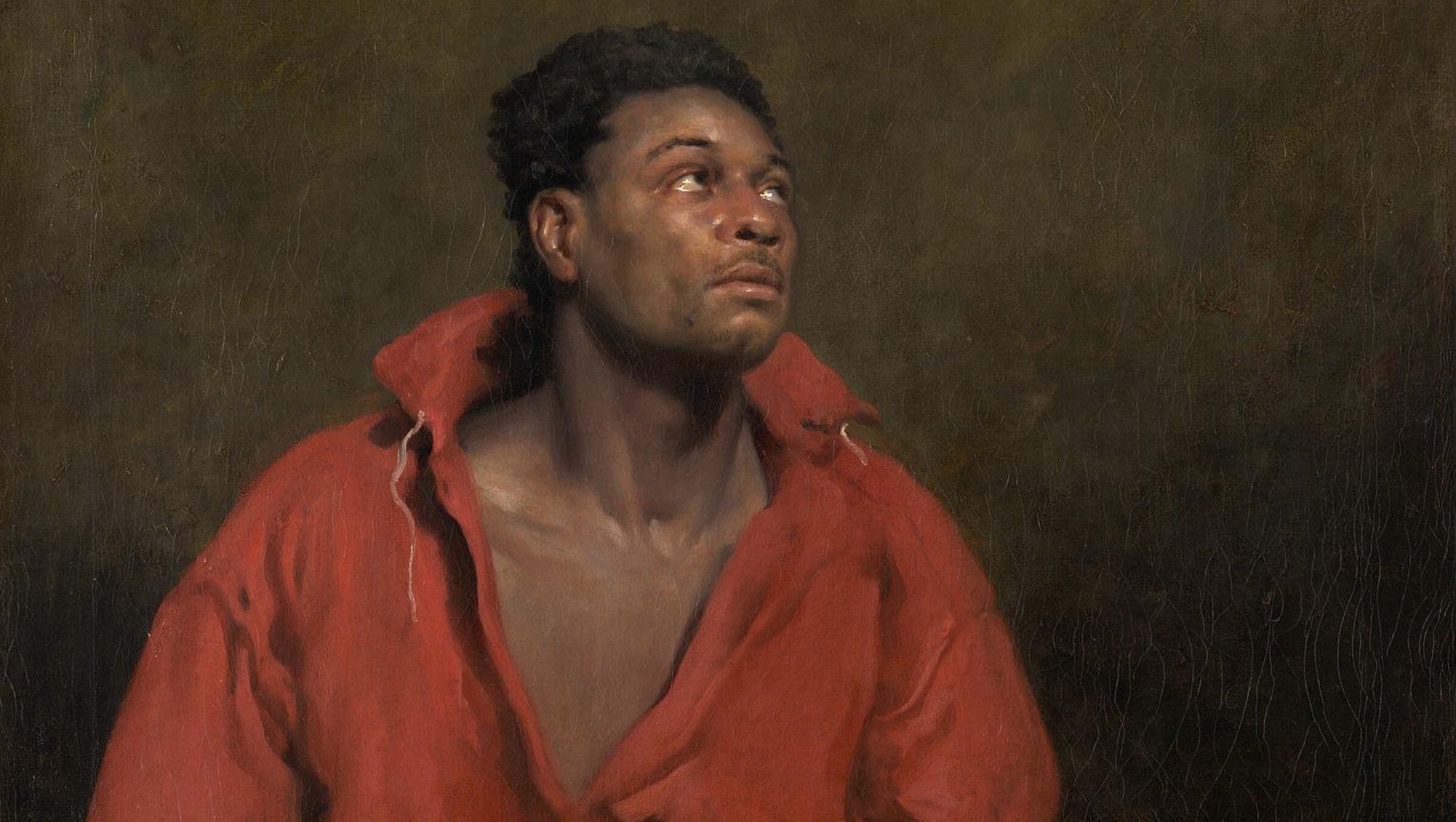Here’s a scenario to consider. Over the next decade, the politics of post-Brexit Britain grow increasingly volatile, against a backdrop of continued economic decline. Culture wars rage on. Trust in democracy and the rule of law plummets to nanoscopic levels.
An aggressively populist government – of left or right, it doesn’t really matter which – detects the public’s taste for root-and-branch reform of our political, social and institutional system, but doesn’t much fancy implementing any measures of substance that will inconvenience Westminster itself, or dislodge any snouts from troughs.
Instead, it decides that it is well past time for another reckless and unnecessary national conflict over our constitutional arrangements, and, posturing as a force for ultra-democratic modernisation, proposes a referendum on the future of the monarchy.
Behind the scenes, let us assume, the political class has grown increasingly weary of the King’s passion for action on climate change; his public concern for the wellbeing of refugees; his warm relations with our former EU partners; and his pesky insistence that a generation of young people is being denied opportunity.
Who does he think he is? The moment has come, the flame-eyed prime minister declares, for the People to finish the job and Take Back Control once and for all – this time from Buckingham Palace rather than Brussels.
Anxious not to be seen as a tyrannical sovereign clinging to his position against the wishes of the public, King Charles III – now in his mid-80s – does not make an effective case for the monarchy. A nation that was once moderately attached or moderately opposed to the institution becomes furiously and artificially polarised into royalists and republicans, Cavaliers and Roundheads. As in 2016, the result is close: but the republicans have it (just) by 52 to 48%.
And so it is decided that the United Kingdom (assuming such an entity still exists) is to become a parliamentary republic, with a prime minister and an elected president. Many candidates vie for this new role as head of state, but, from the start, one stands out through sheer force of charisma. True, he has a decidedly sketchy past. But 10 years as a genial chat show host, writer of blockbuster memoirs and busy performer on the global stage have been a sufficient rehabilitation for him to enter the race. And guess what? He wins. Step forward president Boris Johnson.
Do I have your attention now?
My scenario, of course, is just that; it is certainly not a prophecy. But it is worth bearing in mind such possibilities in the week of the coronation: an ancient ritual that has not been enacted for 70 years since the 27-year-old Queen Elizabeth II was crowned on June 2 1953.
The paradox of the ceremony is that it enshrines both the appearance of permanence and the reality of precariousness. Yes, our constitutional monarchy is designed to symbolise a reassuring continuity that rises above party politics. In truth, however, it is always on probation; always dependent upon the iterative renegotiation of the social contract between Crown and people.
Having watched the traumas of the abdication crisis in 1936 as a 10-year-old princess and (with Tony Blair’s help) steered the monarchy through the dark days following the death of Diana, Princess of Wales six decades later, the late Queen understood very well that the institution would last only as long as it commanded sufficient popular support. Her eldest son grasps this too. The Archbishop of Canterbury’s invitation at the coronation to the watching public to pledge allegiance to the King has naturally raised some hackles. But its most important feature is that it is an invitation. The monarch is not issuing an edict; it is he who is the supplicant, seeking the support of those he serves.
Do not underestimate, either, the significance of the spoken greeting to the King delivered by representatives of non-Christian religious communities: Chief Rabbi Sir Ephraim Mirvis (Judaism), Radha Mohan das (Hinduism), Lord Singh of Wimbledon (Sikhism), Aliya Azam (Islam) and the Most Venerable Bogoda Seelawimala Thera (Buddhism).
Charles has fought long and hard for such a moment of multicultural ecumenism to be part of a ritual that has at its heart his role as the supreme governor of the Church of England. It shows that, within the septuagenarian fogey, lurks an instinctive moderniser.
Progress is not the same as puritanism: and progressives should always avoid being too earnest, too easily caricatured as Malvolio or Lady Whiteadder. Those of us who cherish Enlightenment values – reason, openness, liberty, porous borders, internationalism and human rights – should never forget the enduring power of enchantment. Last June, millions of Britons spent four days marking the Queen’s Platinum Jubilee. In September, more than 250,000 stood in a queue, 10 miles long with a 24-hour wait at its peak, waiting to pay their respects to the late monarch.
“The language of priorities,” said Nye Bevan in 1949, “is the religion of Socialism.” In fact, it should be the basis of all statecraft. I would venture that the institutions of national and global capitalism are in much more urgent need of radical overhaul than our constitutional monarchy; that the technocratic priesthood and the deference upon which plutocracy still insists are much more of a threat to the social fabric than Charles and Camilla.
Ditto the intergovernmental and corporate structures that are conspicuously failing to avert climate disaster; the regulatory systems that have barely caught up with social media, let alone AI and quantum computing; and let us not forget the scandalous absence, seven years on, of a plausible post-Brexit strategy for these ill-served islands.
There are, in other words, more pressing matters at hand. It is conceivable that this could be the last coronation of a monarch of the United Kingdom. That is entirely up to us and our descendants.
For the truly deranged, of course, there’s always the option of president Johnson, the boy who wanted to be “world king”. And if that doesn’t focus your mind this coronation weekend, I don’t know what will.




